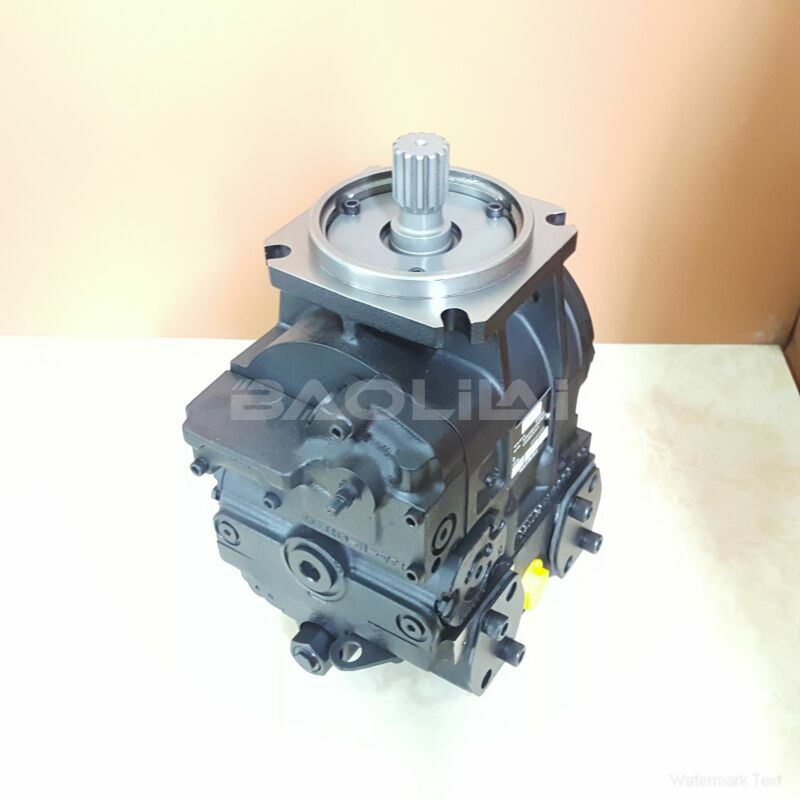90R100KA2BC60S3C6E02GBA424224 high pressure pump
90R100KA2BC60S3C6E02GBA424224 high pressure pump

- Product Details
- Applicable Scene
The transportation of crude oil from remote extraction sites to refineries is a critical aspect of the oil and gas industry. Among the various technologies employed in this process, high-pressure pumps play a vital role in enhancing efficiency and reliability. This article explores the numerous benefits of using high-pressure pumps in the pipeline transport of crude oil.
90-R-100-KA-2-BC-60-S-3-C6-E-02-GBA-42-42-24
90R100KA2BC60S3C6E02GBA424224
One of the primary advantages of high-pressure pumps is their ability to move crude oil over long distances. Traditional pumps may struggle with the viscosity and density of crude oil, especially when transported through extensive pipeline networks. High-pressure pumps generate sufficient force to overcome friction and gravity, ensuring that the oil flows smoothly from one point to another. This capability is essential for maintaining a continuous supply and meeting the demands of refineries.

83005064
Efficiency is another significant benefit associated with high-pressure pumps. These pumps are designed to maximize flow rates while minimizing energy consumption. By utilizing advanced technology and engineering, high-pressure pumps can achieve greater output with less input power, leading to lower operational costs. This efficiency is not only beneficial for companies in terms of profitability but also contributes to reduced carbon emissions, aligning with global sustainability goals.
Moreover, high-pressure pumps enhance the pumping of crude oil through pipelines that have varying geometries and elevations. In pipelines that include several bends, inclines, and declines, maintaining the required pressure can be challenging. High-pressure pumps adapt well to these conditions, providing the necessary support to ensure that the oil reaches its destination without interruptions. This adaptability significantly reduces the risk of pipeline blockages or failures, which can lead to costly downtime and potential environmental hazards.





